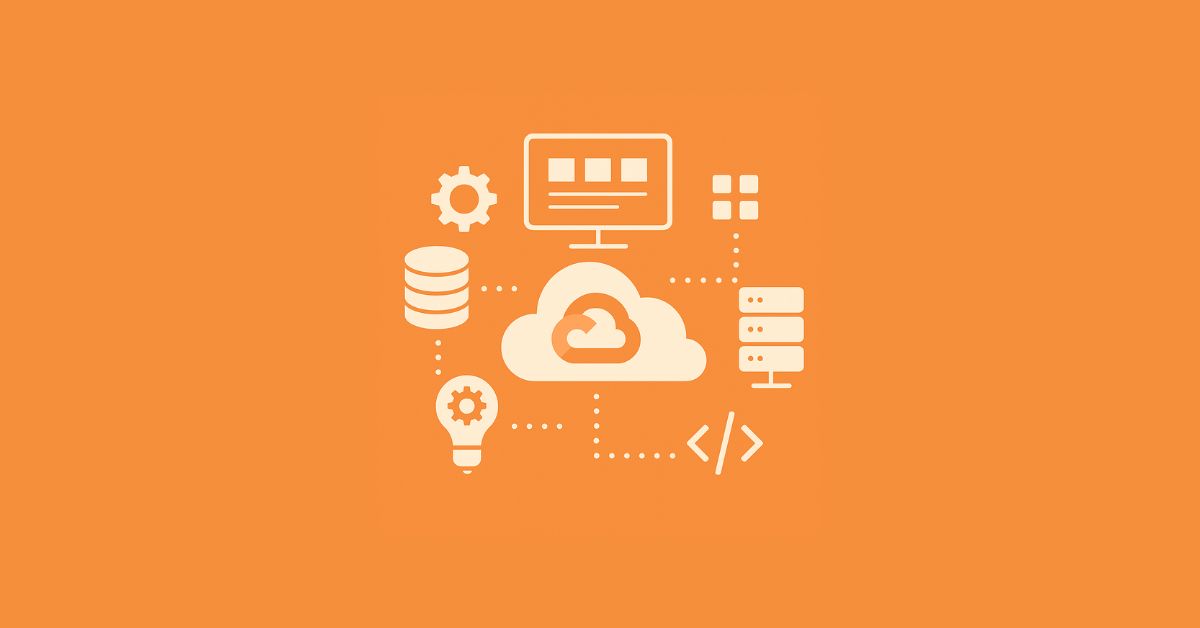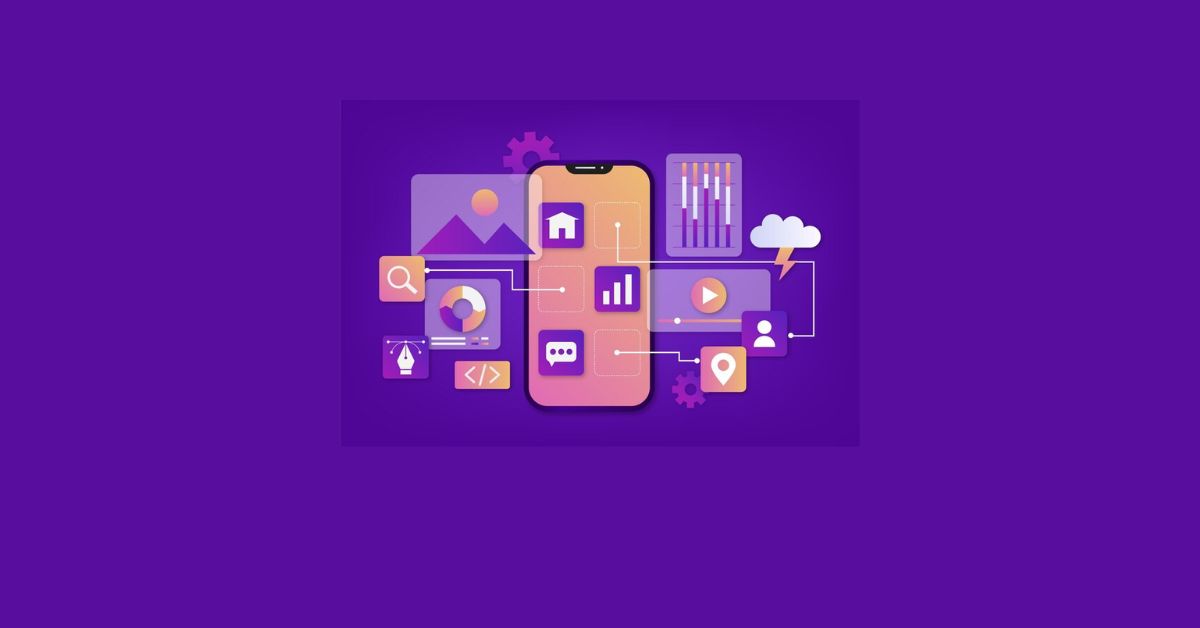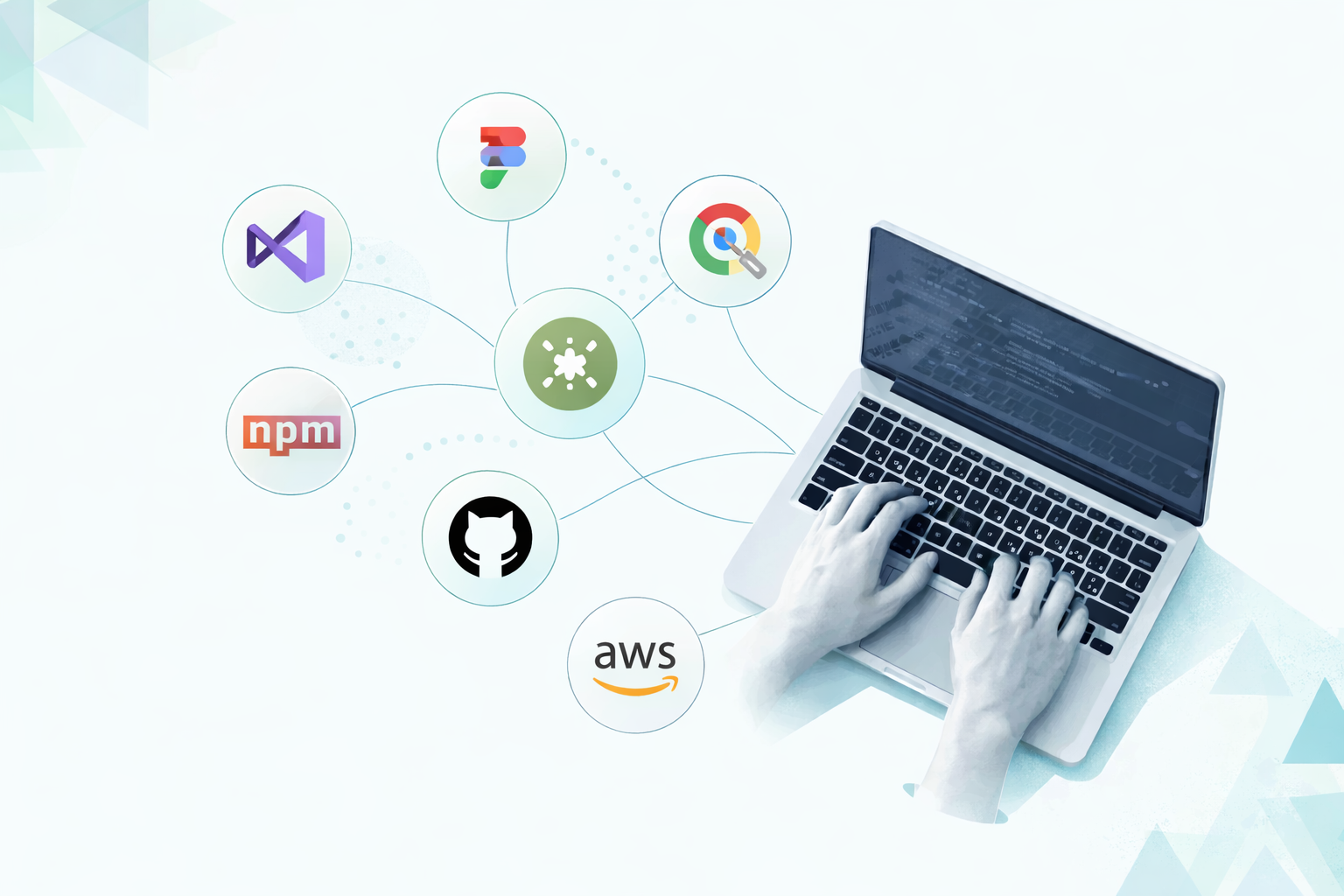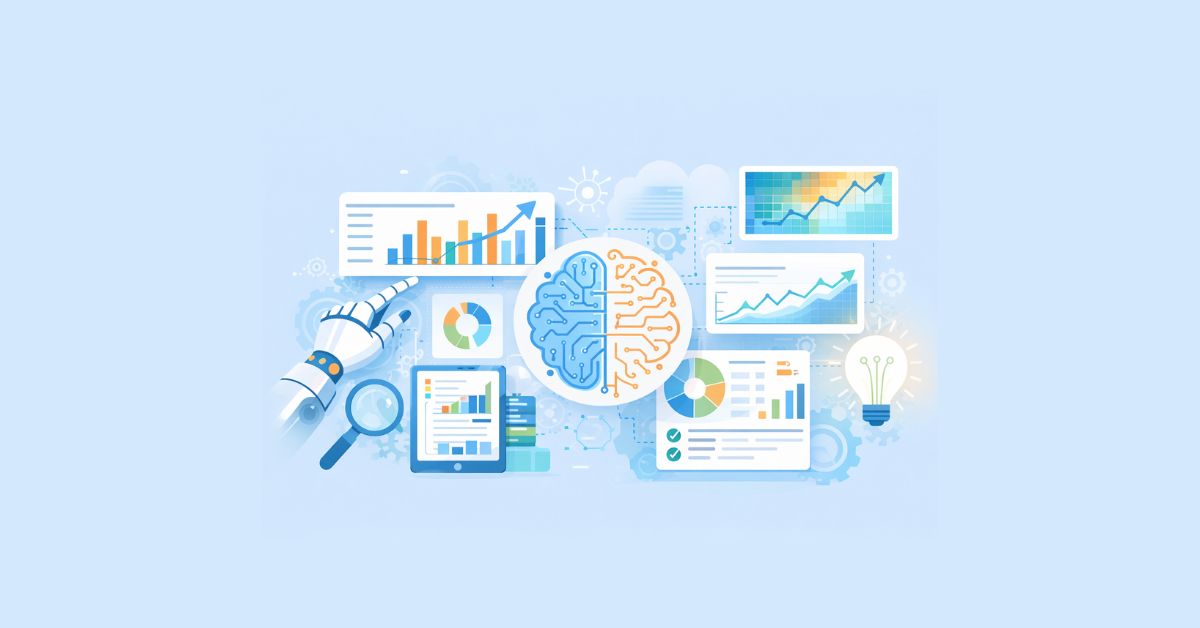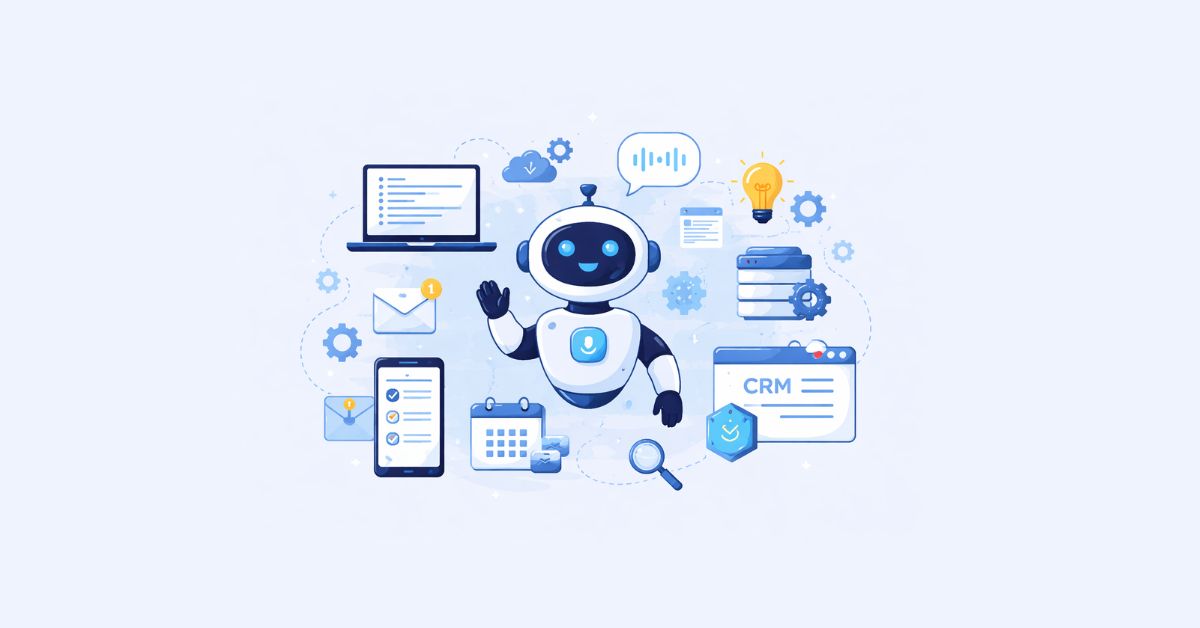Short Summary
In today’s hyperconnected digital world, cloud computing has evolved into an indispensable part of modern businesses. Among the top providers, Google Cloud Platform services stand out for their robust infrastructure, AI-driven innovations, and seamless scalability. Whether you’re a startup aiming for quick deployment or an enterprise managing global operations, understanding what is Google Cloud Platform is and how its services can benefit you is essential in 2025.
In this complete guide, we’ll explore what is Google Cloud, the full Google Cloud services list, the platform’s unique features, and why more organizations are shifting to it in 2025.
- What Is Google Cloud Platform?
- Why Choose Google Cloud in 2025?
- Google Cloud Services List: Core Offerings in 2025
1. Compute Services
2. Storage and Databases
3. Big Data and Analytics
4. Artificial Intelligence & Machine Learning
5. Networking
6. DevOps & Management Tools - How Google Cloud Works: Behind the Scenes
- Popular Google Cloud Products in 2025
- Who Should Use Google Cloud Platform Services?
- Final Thoughts: Is Google Cloud the Right Fit for You?
- Key Takeaways
What Is Google Cloud Platform?
So, what is Google Cloud Platform? Google Cloud Platform (GCP) is a suite of cloud-based computing services offered by Google. Launched in 2008, it provides a wide range of tools for computing, storage, machine learning, networking, and data analytics — all accessible via the internet. GCP empowers businesses to build, test, and deploy applications on a highly scalable and secure infrastructure, the same one Google uses for its products like Gmail, YouTube, and Google Search.
Understanding how Google Cloud works involves recognizing its underlying global infrastructure. It operates on one of the largest networks in the world, comprising dozens of data centers spread across regions and zones. This ensures high availability, reliability, and performance.
Why Choose Google Cloud in 2025?
In an increasingly competitive cloud market, why choose Google Cloud over other providers?
Here are some key advantages:
- Scalable Infrastructure: GCP is designed to handle everything from small-scale websites to global enterprise applications.
- AI and Machine Learning: Google leads in artificial intelligence, offering pre-trained models and custom ML tools via services like Vertex AI.
- Security: With end-to-end security features including Identity and Access Management (IAM), encryption, and compliance, Google Cloud ensures robust protection.
- Open Source and Hybrid Cloud: GCP supports open-source tools and hybrid deployments through Anthos and Kubernetes, offering flexibility.
- Sustainability: Google Cloud has been carbon-neutral since 2007 and aims for 24/7 carbon-free energy by 2030.
These are just a few examples of Google Cloud Platform benefits that continue to attract enterprises, developers, and data scientists.
Google Cloud Services List: Core Offerings in 2025
The Google Cloud services list has expanded significantly, offering solutions tailored to a variety of use cases. Here’s an overview of the main categories of Google Cloud products:
1. Compute Services
- Google Compute Engine: IaaS that allows you to run virtual machines on Google’s infrastructure.
- Google Kubernetes Engine (GKE): A powerful platform to manage containerized applications.
- App Engine: A fully managed PaaS for building and deploying applications quickly.
2. Storage and Databases
- Cloud Storage: Object storage with high availability and redundancy.
- Cloud SQL & Spanner: Managed relational databases for scalable data solutions.
- Firestore & Bigtable: NoSQL databases optimized for real-time applications and massive scalability.
3. Big Data and Analytics
- BigQuery: A serverless, highly scalable data warehouse for analytics.
- Dataflow: Stream and batch data processing.
- Pub/Sub: Messaging for building event-driven systems.
Related to read: Data Analytics in Cloud Computing: Benefits and Use Cases
4. Artificial Intelligence & Machine Learning
- Vertex AI: A unified platform to train and deploy ML models.
- Dialogflow: Natural language processing for chatbots and conversational apps.
- Vision AI & AutoML: Customizable APIs for image, video, and language processing.
5. Networking
- Cloud Load Balancing: Distribute traffic across global resources.
- Virtual Private Cloud (VPC): Secure, scalable network infrastructure.
6. DevOps & Management Tools
- Cloud Monitoring & Logging: Tools for observability and performance optimization.
- Cloud Build: CI/CD pipeline management.
- Cloud Scheduler: Task automation and cron job management.
To see how these services compare to offerings by other cloud providers, check our previous post on Google Cloud Services.
How Google Cloud Works: Behind the Scenes
Understanding how Google Cloud works requires a look at its architecture. GCP operates on a multi-layered infrastructure:
- Global Network: Google’s private fiber-optic network ensures fast, secure, and low-latency connectivity.
- Redundancy Zones: Resources are distributed across multiple zones to ensure high availability.
- Autoscaling and Load Balancing: Automatically adjusts resources based on traffic and demand.
- Pay-as-You-Go Pricing: GCP offers flexible pricing, so you only pay for what you use.
Additionally, the platform supports multiple Types of Cloud Computing Service Models, including IaaS, PaaS, and SaaS, making it suitable for a wide range of applications.
Popular Google Cloud Products in 2025
Let’s take a closer look at some of the most in-demand Google Cloud products this year:
- Cloud Run: A fully managed compute platform for deploying containerized applications.
- Looker Studio: A modern business intelligence and data visualization tool.
- Cloud Functions: Event-driven serverless computing for lightweight backend services.
- Dataform: For data modeling and transformation in BigQuery.
These tools, coupled with support for modern Programming Languages for Cloud Computing Development, like Python, Java, and Go, make GCP a favorite among developers.
Who Should Use Google Cloud Platform Services?
Whether you’re an enterprise IT architect, a DevOps engineer, or a startup founder, GCP offers tailored solutions for:
- Application Development
- Data Science and Analytics
- Website and App Hosting
- IoT Development
- Machine Learning Projects
- Multi-cloud & Hybrid Deployments
Its pay-as-you-go model, advanced ML capabilities, and strong security posture make it ideal for businesses looking to scale intelligently and securely.
Final Thoughts: Is Google Cloud the Right Fit for You?
Now that you understand what is Google Cloud Platform, the extensive Google Cloud platform services, and their benefits, the question becomes — is it the right fit for your needs in 2025?
If your business demands scalability, global reach, cutting-edge AI, and cost-effective computing, then GCP is a strong contender. With a robust Google Cloud services list, continued innovation, and customer-focused evolution, GCP is not just a cloud provider — it’s a business accelerator.
✅ Key Takeaways
- Google Cloud Platform is a suite of cloud services designed for performance, security, and scalability.
- Its 2025 offerings span compute, storage, ML, analytics, and DevOps.
- Businesses across sectors are embracing GCP for its flexibility, innovation, and cost-efficiency.
- With support for open-source tools, modern programming languages, and multiple cloud models, GCP is future-ready.
Whether you’re just beginning your cloud journey or looking to optimize an existing deployment, understanding the full scope of Google Cloud Platform services can give your business a strategic edge.

